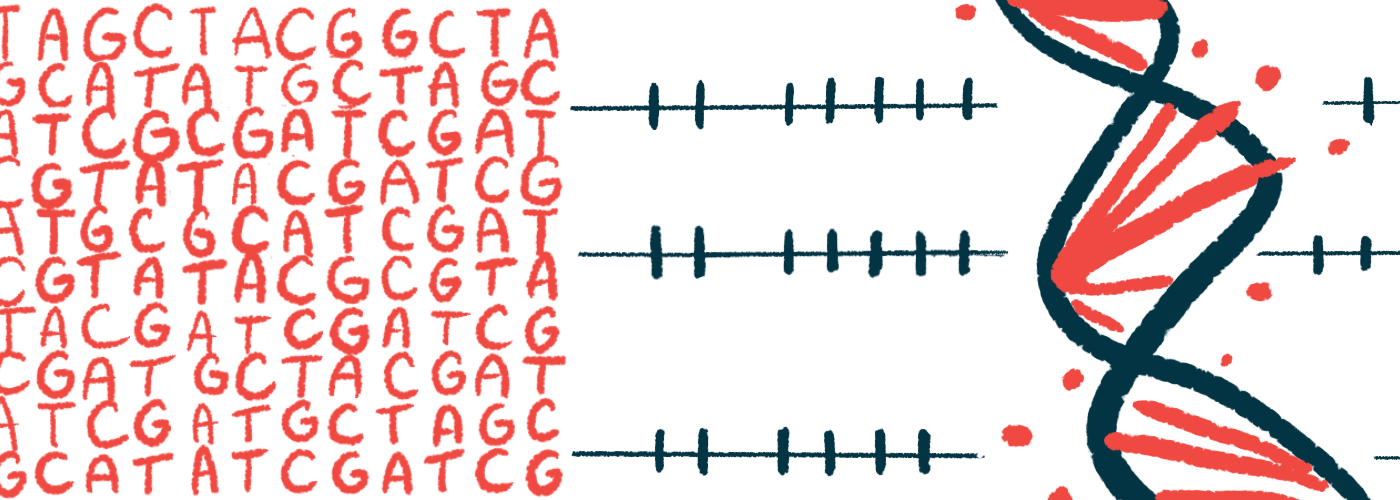Genetic Counseling for Mitochondrial Disease

If you or a family member have mitochondrial disease, you may benefit from genetic counseling.
What is genetic counseling?
Genetic counseling gives you information about your risks of inheriting or transmitting a genetic disease. A genetic counselor will take your personal and family medical history. If you’ve already had a genetic test, they’ll help you interpret the results and explain what it means for you.
They may also recommend that other family members undergo genetic testing.
If you are considering starting a family, a genetic counselor can tell you about the risks of transmitting your disease onto your children. They can also talk to you about your options to mitigate these risks (such as in vitro fertilization with pre-implantation genetic diagnosis).
How do people inherit mitochondrial disease?
Mutations in either the nuclear genome or in the mitochondrial genome may cause mitochondrial disease. The nuclear genome is the complete set of genes present in the cell nucleus. The mitochondrial genome consists of a small number of genes present within the mitochondria — an organelle in cells responsible for converting food molecules into energy — themselves. The inheritance pattern of these genomes is different. A genetic counselor can guide you through these.
Every child inherits roughly 50% of their nuclear genome from each parent. However, the mitochondria are primarily inherited from the mother, rather than the father. This means that, if the father has a mitochondrial disease due to a mutation in the mitochondrial genome, it’s unlikely his children will inherit the disease. But if the mother is the one with the mitochondrial genome mutation, it is very likely that her children will develop this disease.
Mutations in the nuclear genome that cause mitochondrial disease can be inherited in either a dominant or recessive way. In a dominant pattern of inheritance, a single copy of a disease-causing mutation is sufficient to cause the disease. In a recessive inheritance pattern, two copies of a disease-causing mutation are necessary for the disease to develop. People with only one copy of the disease-causing mutation are carriers of the disease and may also have some mild symptoms. A genetic counselor can calculate the risk of your child inheriting your disease or being a carrier based on the genetic mutation you have and its inheritance pattern.
In some cases, mitochondrial disease develops as a result of a novel mutation. This is a genetic mutation that isn’t present in either parent. Patients with this type of mutation can pass it on to their own children. However, they won’t have any family history of the disease.
What happens if I test positive for a mitochondrial disease?
If you test positive for mitochondrial disease, your doctor and genetic counselor will meet with you to discuss your test results and what they mean.
Your doctor will talk to you about treatment options and disease progression. They will cover things like symptoms you should expect and any additional tests that might be necessary.
Your genetic counselor will talk to you about whether other family members should also have a genetic test. If you are thinking about having children, your genetic counselor can talk to you about options to minimize your risk of transmitting the disease to another generation.
What happens if I test negative?
It’s common for people to need support from a genetic counselor, even after a negative genetic test. Many people feel a type of “survivor’s guilt” when they test negative for a genetic disease that others in their family might have.
If you feel guilty, sad, or uncomfortable after testing negative, talk to your doctor, genetic counselor, or a therapist. It’s normal to feel uncertain or lost after a negative test, especially if someone in your family has tested positive.
Last updated: May 4, 2020
***
Mitochondrial Disease News is strictly a news and information website about the disease. It does not provide medical advice, diagnosis or treatment. This content is not intended to be a substitute for professional medical advice, diagnosis, or treatment. Always seek the advice of your physician or other qualified health provider with any questions you may have regarding a medical condition. Never disregard professional medical advice or delay in seeking it because of something you have read on this website.






